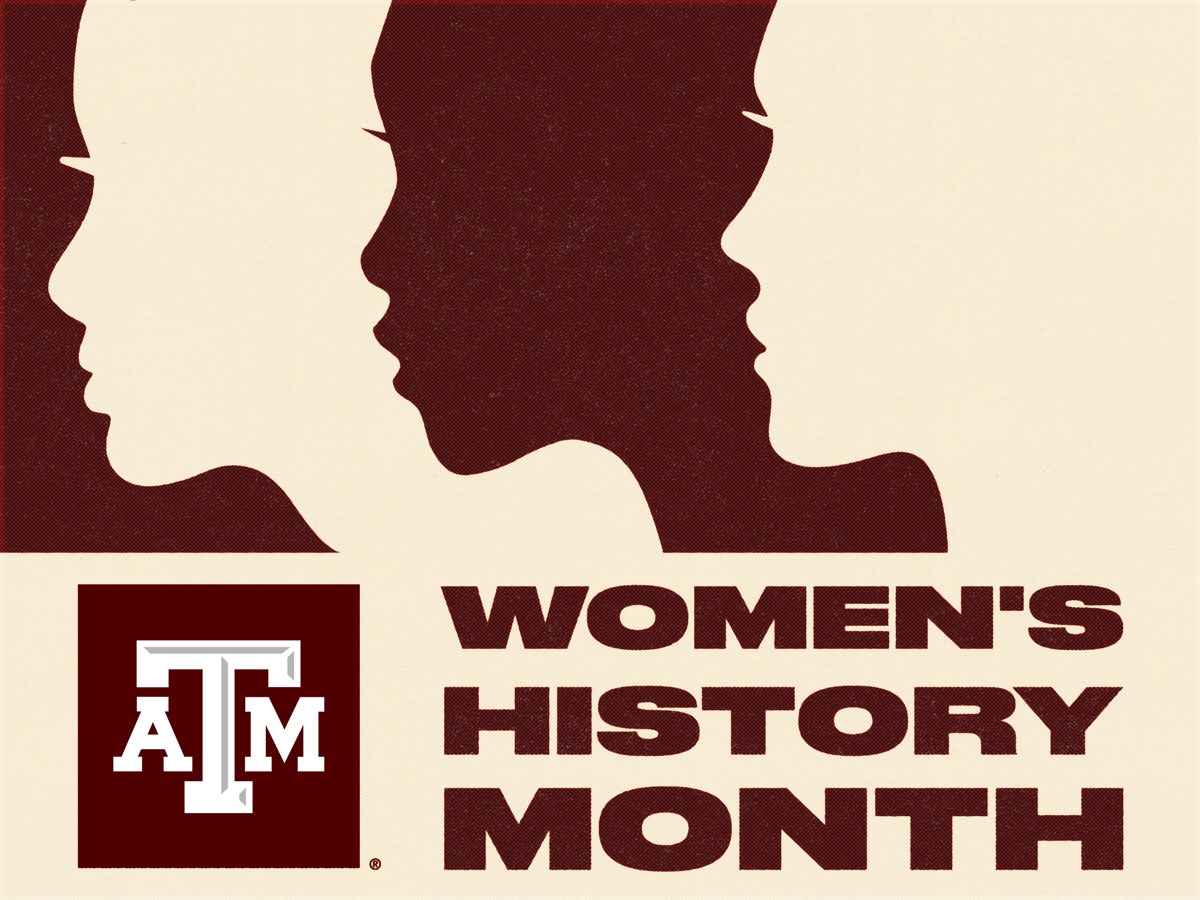
March marks Women’s History Month, a time to highlight contributions made by women throughout history and to illustrate the many ways in which women have been shattering glass ceilings for years. Beginning as a single week in March 1981, Women’s History Month has evolved significantly during the past four decades in celebration of the accomplishments of women.
Dr. Tasha Dubriwny and Dr. Theresa Morris, both faculty members in the Women’s and Gender Studies (WGST) Program at Texas A&M University, consider the role of women and other genders throughout society daily through their teaching, research and expertise. They question society’s gender expectations and work to plant seeds of curiosity and change in their students.
Morris, a professor in the Department of Sociology and WGST coordinator, emphasized how this month is a great time to celebrate women in a way that generates positive change. One of the best ways to do that is to recognize that we have yet to achieve gender equality, despite the dramatic strides which have been made through the years.
“Things won’t change if you don’t recognize the issue,” Morris said. “If you don’t recognize that there’s no equality, then you’re not going to ever achieve it. You have to realize that history is happening right before our eyes.”
Women’s History Month can also prompt new ways of thinking, especially those that question outdated gender roles. With the goal of introducing the upcoming LGBTQ+ minor and celebrating Women’s History Month, Dubriwny and Morris brought Alok, a gender non-conforming performance artist to campus for an evening of comedy and poetry.
“Alok is someone who is disrupting all kinds of gender binaries,” said Dubriwny, an associate professor in the Department of Communication and Journalism and undergraduate coordinator for WGST. “I think there’s real power in taking a moment during Women’s History Month to recognize the continued need to disrupt gendered expectations and roles, especially given that expectations for what we might think of as cis-gendered women continue to be largely vocalized through traditional norms of domesticity and motherhood.”
To Morris, change begins with what students are being taught in higher education classes.
“The students that you affect in universities are the ones that are going to go out to different places and think about the world differently,” Morris said. “Generation Z and those that come after are the future, and the more they take classes that directly confront these types of issues, the more they will think about them in their daily life, which can lead to real changes in the world.”
Even though Women’s History Month is coming to an end, Dubriwny said celebrating the impact of women should never cease.
“I think we need to be engaged citizens — we need to be engaged and willing to do things like petition, march and make ourselves visible in order to make the world a safe and healthy place for all of us,” she added. “We also have to use one of the most significant powers that we have in a democracy, and that is the right to vote.”

